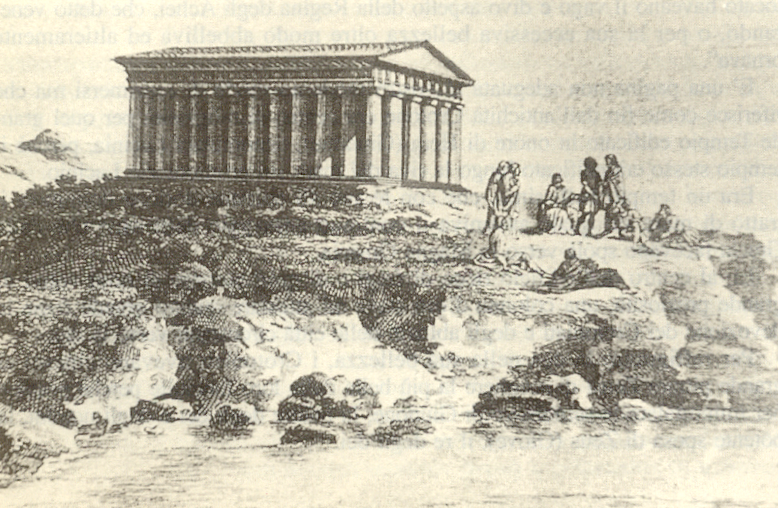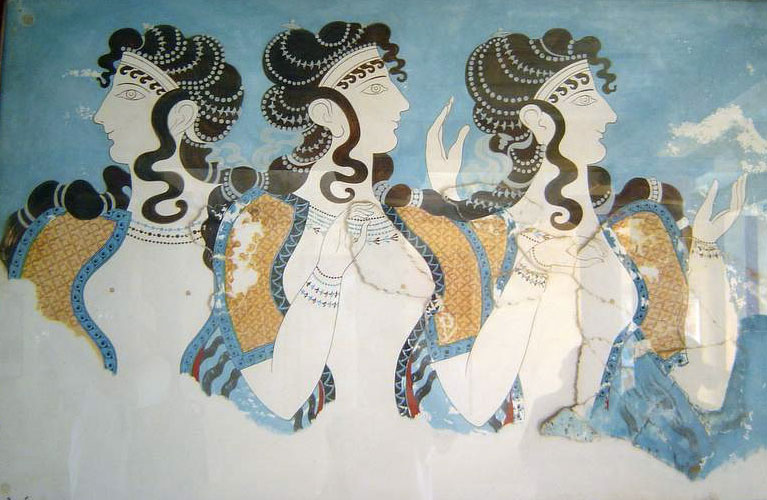Storia dell’Associazione Pitagorica – 2^ parte – Roberto Sestito
Capitolo II 1983: Rinasce l’Associazione Pitagorica Iniziamo questa seconda parte della nostra storia dalla fine, dall’evento che determinò la cessazione dell’attività del sodalizio: la morte di Sebastiano Recupero. Riproduciamo qui di seguito l’Orazione Funebre che Roberto Sestito avrebbe dovuto leggere sulla tomba del fratello Sebastiano. Tale recita gli fu impedita da Gennaro D’Uva, un amico


